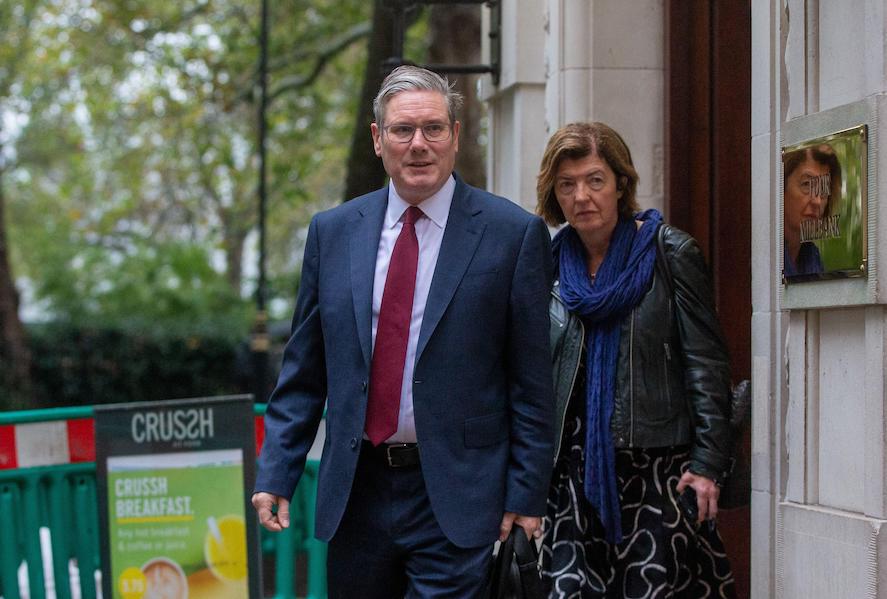It starts with a school bully. Or a match on an underground dating app who seems nice, until when you meet, he robs you and beats you and blackmails you for being gay. Or maybe it’s a rumour in your village that ends with someone setting your house on fire.
However badly you’re treated, you can’t go to the authorities for help, because the fact is, same sex relationships are illegal. If you’re found in one, you could be imprisoned for 14 years or even killed.
That’s the reality for LGBTQ+ people in many countries in the world. No one wants to leave their home country, but sometimes something happens that means you have no choice.
This week, Suella Braverman positioned herself as the voice of pragmatic realism on refugee law. But for the Home Secretary to say that “being gay isn’t reason enough for asylum” shows how far removed she is from the reality of being an LGBTQ+ refugee.
Cap to control disproportionate legal costs in clinical negligence claims is important first step, says MDU

Anaesthetists support assisted dying
The home secretary argued that case law has led to “an interpretive shift away from ‘persecution’, in favour of something more akin to a definition of ‘discrimination’”. This in turn, she argued, lowered the threshold of those who qualified for asylum, and insisted ‘simply being gay’ should not qualify someone for asylum.
As offensive as this is to those who have experienced homophobia in any country, Braverman’s argument is misleading on three counts.
Firstly, LGBT+ refugees made up just 2 per cent of U.K. asylum seekers in 2022, according to the government’s own statistics. Although the Home Office undoubtedly has problems, the evidence suggests that being overwhelmed with the world’s LGBT + refugees isn’t one of them.
Secondly, LGBT+ asylum seekers already have to prove that they are being specifically targeted in their home country, during a Home Office interview process where the bar is notoriously high. In many cases, this also involves the humiliating experience of being asked intimate questions and even to produce sexually explicit photos to “prove” their sexuality.
Thirdly, and perhaps most disturbingly, Braverman’s words carry the implication that LGBTQ+ people can just “get by” in countries where their very existence is sometimes punishable by death. This betrays a shocking level of ignorance for someone in charge of refugee policy. The fact is, most LGBTQ+ refugees have tried to “get by” in their home countries, but that hasn’t stopped them being labelled “effeminate” and being shunned by family and friends.
And the abuse escalates – those who flee do so because they have been physically assaulted, burned, blackmailed or threatened with prison or death. Furthermore, those who do make it to the UK can expect to wait for months or even years in the asylum system, often in accommodation where they are at risk of homophobic attacks.
“Where individuals are being persecuted, it is right that we offer sanctuary”, Braverman claimed at the start of her speech. She should live up to her word, and give LGBTQ+ refugees the welcome they deserve.
Politics.co.uk is the UK’s leading digital-only political website, providing comprehensive coverage of UK politics. Subscribe to our daily newsletter here.





















Discussion about this post